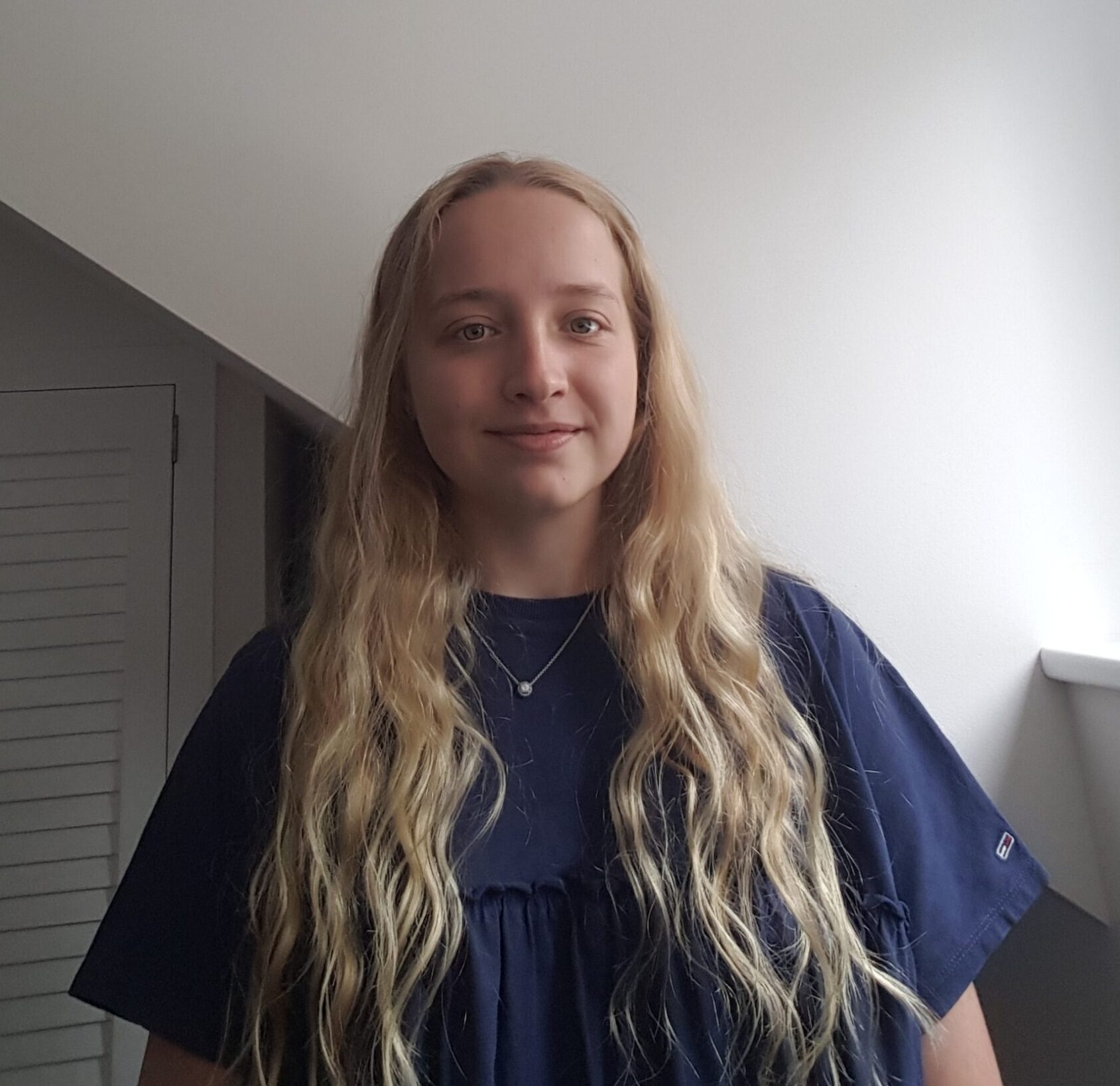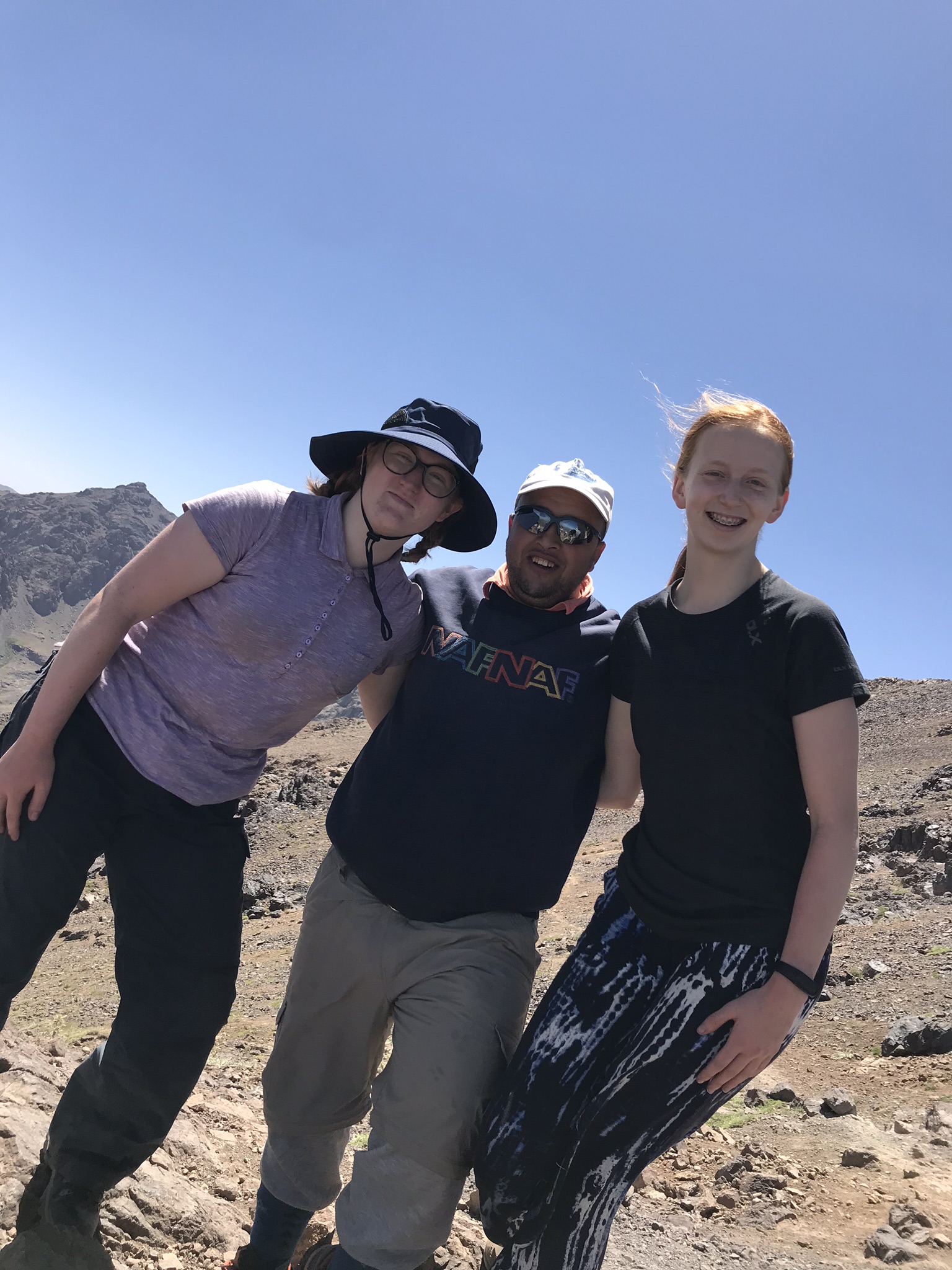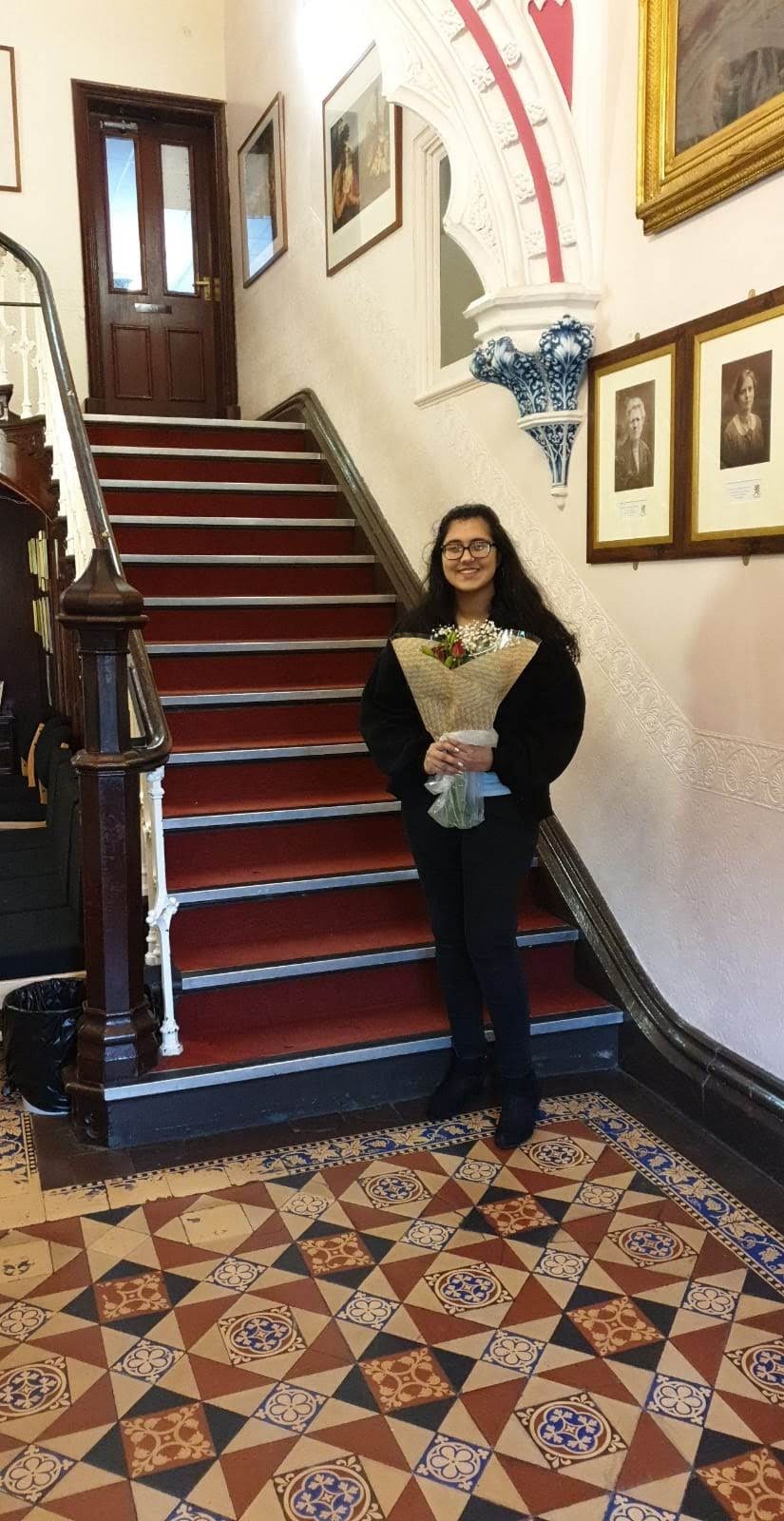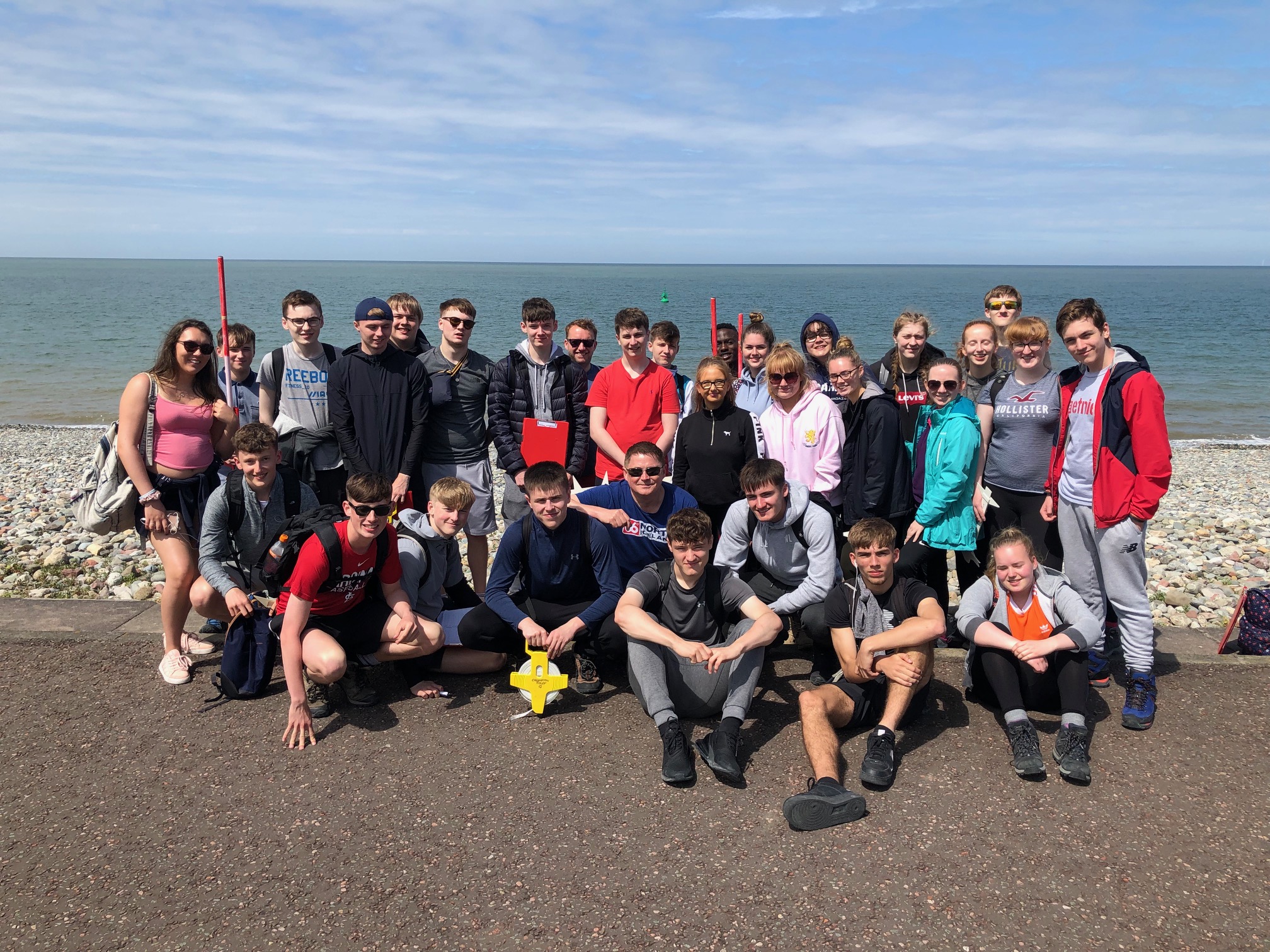Geography
Entry Criteria
- Average Point Score: 5.0
- English Language GCSE Grade 4
- Mathematics GCSE Grade 4
Examination Board
Click here to visit the exam board course page for A Level Geography.
Teaching Staff
- Mr Douglas
- Mr Smith
- Mr Hardman
- Mr Banks
- Miss Halpin
- Miss Ramshaw
The Geography course gives a wide range of skills and knowledge:
- Undertaking research & analysis
- Teamwork on practical projects
- Investigating global issues
- An ability to interpret natural phenomena
Students who choose Geography find it goes well with any combination of Arts or Science subjects. This means Geography can either be your specialist subject, or play a supporting role for others. The course can be seen as an end in itself or as an excellent foundation to a degree course.
Advanced Level Geography can take you anywhere on Earth!
It will help you develop a range of skills which are equally useful whether you intend to:
- enter the world of work
- start some form of job training
- continue your studies at university or college
A Geography education helps you to develop knowledge and skills important in business such as problem solving, analytical and teamwork skills.
Topics studied in A Level Geography:
Year 12
- Coastal Landforms and Processes
- Contemporary Urban Issues
- Hazards
- Changing Places
Year 13
- Fieldwork investigation
- Water and Carbon Cycles
- Global systems & Governance
Graduates in Geography have entered careers in:
- Administration
- Travel, Tourism and Leisure
- Planning and Local Government
- Estate Agency and Property
- Personnel work
- Resource and Environmental Management
- Teaching and lecturing
- Banking, Finance and Marketing
- Information and data handling
- Law
- And many others
Geography will not only take you to many different places around the world, it can also open up far more career opportunities than you could possibly imagine!
What do our students say about Geography?

Melissa is planning to study Dentistry at university, so her EPQ, as well as her A Level subjects, are ideal preparation.
My favourite thing about studying A Level Geography is the case studies. Being able to study each in depth is a great development from the GCSE Geography.
It seems like obvious advice, but the best bit of advice for Year 12 students starting in September is to try and keep on top of your work. You have ‘free’ periods in school and making good use of these is important – as well of doing homework set by your teachers, it’s a good idea to make revision notes as you go along so that when you come to an assessment you just have to look over them and then can spend more time doing past questions to prepare yourself.
Other than Geography I’m studying Biology and Chemistry. The subjects overlap really well and it is interesting to see how they relate even more at A Level than they did at GCSE. I am planning to study Dentistry at university, so I’m also doing an EPQ on how fear affects people’s willingness to go to the dentist.
My favourite thing about studying geography is the freedom and the opportunity to study the physical world around us, and how it impacts our day to day lives and how it can impact our future and the future of many civilisations. I love nature and the power of the natural world to distort coastlines and create new land and habitats from molten rock. Geography can be beneficial both to help you understand the physical world around you, but also the human development that has changed policies, whilst also seeing the difference in quality of life between less developed countries and the highly developed country that we live in.
Before starting A Level Geography, it would have been beneficial to find out more about the NEA as I don’t feel that I knew enough about it before starting, considering how important it is.
My advice to new students is try not to put too much pressure on yourself when starting your courses, it is going to be a big step up from GCSE but it will get easier after you have settled in. Also, don’t dismiss the wider reading as I have found it very helpful when understanding specific sections in my courses.
Alongside Geography, I also study Psychology and Biology. After sixth form I plan on going to university to study forensic psychology or bioengineering. Although Geography isn’t a direct part in either of these courses, it can be useful in understanding certain biological processes such as the weather and how living things can interact with a region or area. The analytical skills from Geography will be really helpful too.

The skills Cameron is developing in Geography will be useful in his future career, even if he doesn't plan to use the subject directly.
My favourite thing about studying Geography is how connected to the real world it is. You see and hear the same topics you explore in the classroom appear in the news or in nature, and it’s exciting to be able to understand and discuss them using knowledge you’ve gained from your lessons. Whilst I am more drawn to the physical geography, the course is very integrated, allowing you to enjoy all of the topics regardless of your preference. To my own surprise, I really enjoyed the Human Geography topic ‘Global Governance’, as we explored the impact of global politics and development in Antarctica.
Starting Geography in Year 12, I wish I had known how much the subject pushes you to go beyond the specification. My first term came as quite a shock as I struggled to succeed in my assessments and particularly the 20-mark essay questions. The exams are different to those at GCSE, as they require you to demonstrate a wider knowledge of geographical issues and case studies not set by the exam board. Therefore, my advice to Year 12s would be to explore the subject as much as you can. Reading geography magazines, listening to podcasts, and watching documentaries are a great way to expand both your geographical knowledge and content for your personal statement. Furthermore, attending lectures, such as those held by the Manchester Branch of the Geographical Association is an interesting way to develop your case studies.
In addition to studying A Level Geography, I am also studying Chemistry and Maths. After Sixth Form I am hoping to study Earth Sciences at Oxford University.

As well as her academic subjects, during her time in Sixth Form, Molly was part of a group of students that raised money for a charity in Morocco and then visited the charity in action and explored Morocco further.

Having enjoyed a busy gap year, Nafeesa is starting her degree in Earth and Environmental Science at the University of Manchester in September.
I have always been drawn to the physical side of geography. I am especially interested in hazards and the physical world. So much so that I decided to study it further at university through an Earth and Environmental Science degree at the University of Manchester. With the hope to specialise in volcanology in the near future. I enjoyed studying Geography at A-level so much that I then decided to do my work experience at the Met Office where I spent a week at their main office in Exeter learning the behind the scenes and what type of jobs and opportunities could be open to me after I complete my degree.
Studying Geography at A Level is a lot different to when you study it at GCSE. I guess you can say that for every subject, but out of all my subjects, I found it most true for Geography. The way you write and what you need to remember especially in terms of case studies is on a whole new scale. Pay attention from the start, ask questions and ask more questions. Don’t spend your time being confused on your own because that won’t do anyone any good. Talk to your teachers, talk their ears off and ensure you are asking for the help that you need.
At Sixth Form, you’re entering a new part of your life and everything is going to be different but my advice and something that I wish I had done just a bit more of is get yourself out there! Take advantage of all the opportunities this Sixth Form provides for you. Go on trips, take part in extracurricular activities and most importantly put yourself forward for a Perfect role. It’ll help you meet people in your year outside of your classes and will look great on your personal statement and CV.
I studied Biology and Chemistry alongside Geography and I was very shocked and pleased how nicely these three subjects fit together. I was learning the same thing in two if not all three of these subjects but from such alternating contrasting views which I believe deepened my understanding of what I was being taught.
I have just finished my gap year and I am looking forward to starting university this coming September and the geography that I learnt at Sixth Form will be a massive help with this because my degree is Earth and Environmental Science and consists of many geography based modules.









